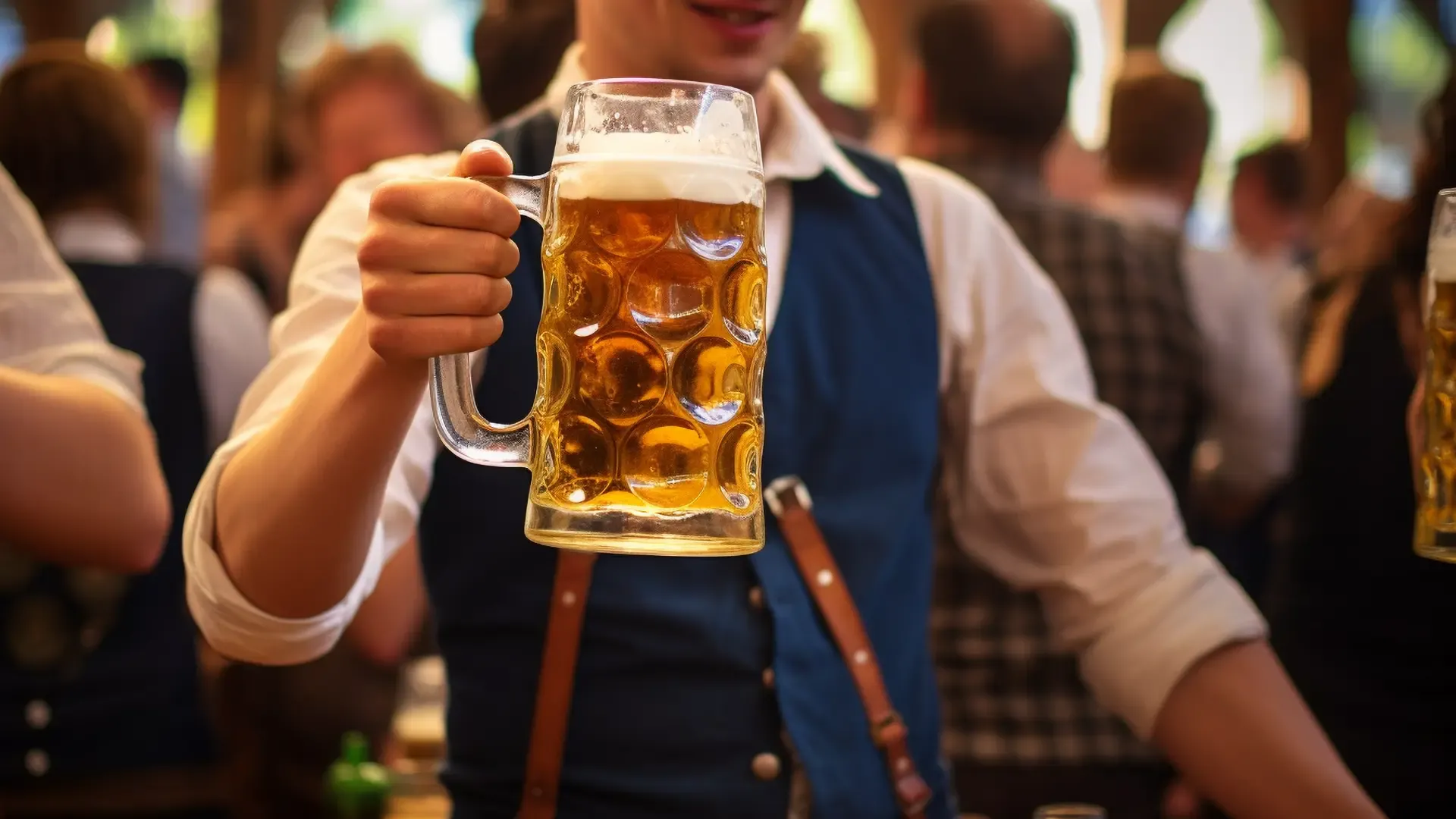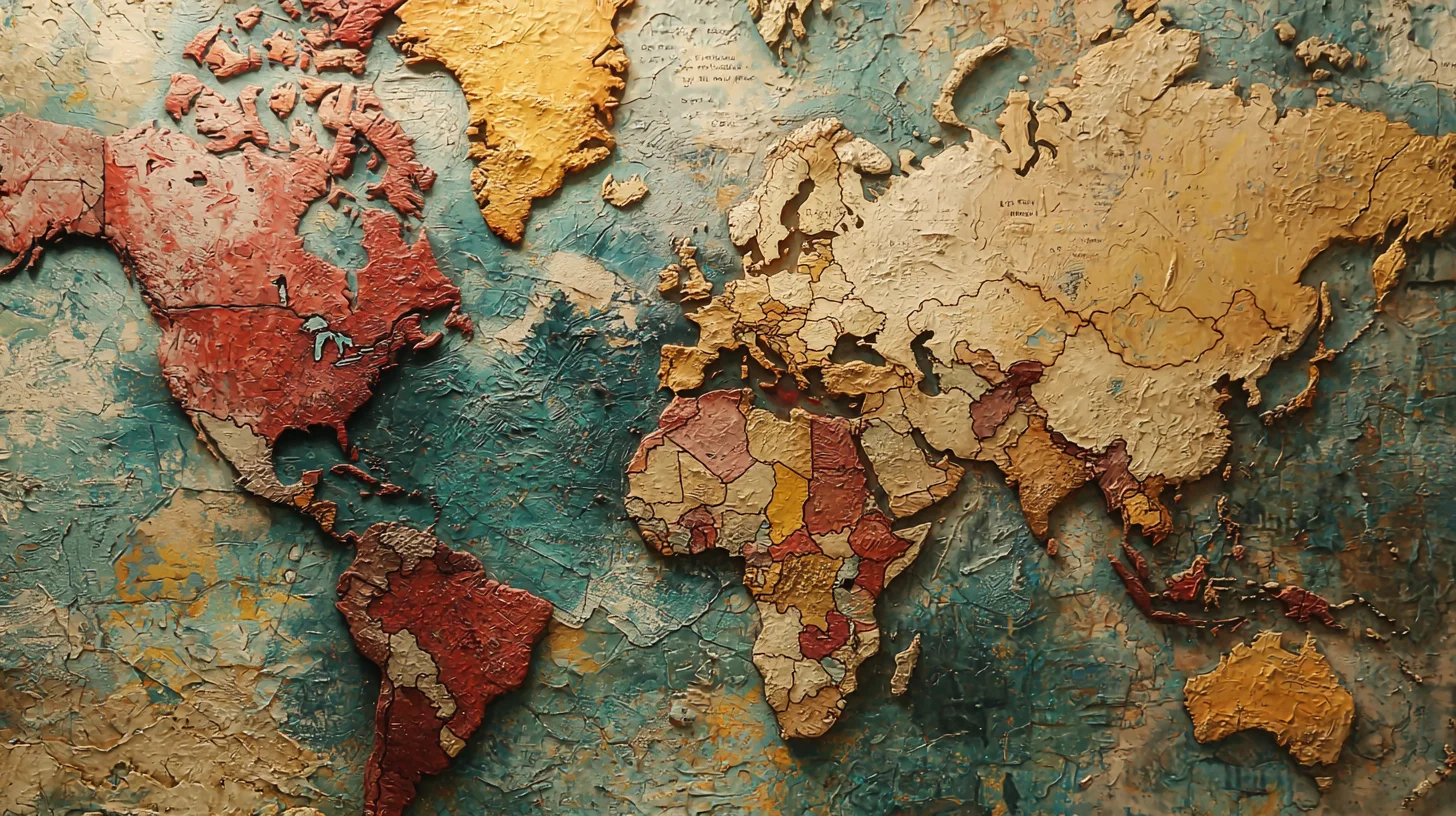07 February 2024
Oktoberfest: A Global Tradition Rooted in Bavarian Culture.

Press the play button in the top right corner to listen to the article
Oktoberfest, the world's largest Volksfest combining a massive beer festival and a traveling funfair, is an annual event that has become synonymous with Bavarian culture and zest for life. Its origins trace back to Munich, Germany, in the early 19th century, and over the years, it has evolved from a local celebration to a global phenomenon, drawing millions of visitors from around the globe to partake in the festivities.
The Historical Backdrop
The inception of Oktoberfest dates to October 12, 1810, when Crown Prince Ludwig, later known as King Ludwig I of Bavaria, married Princess Therese of Saxe-Hildburghausen. The citizens of Munich were invited to join in the celebrations held on the fields in front of the city gates, later named Theresienwiese ("Therese's Meadow") in honor of the crown princess. The event culminated in horse races, and the decision to repeat the horse races in the subsequent year gave birth to the tradition of Oktoberfest.
Evolution of the Festival
Over the decades, Oktoberfest has transformed significantly. The horse races were eventually phased out, but the festival continued to grow in size and scope, incorporating more attractions, games, and eventually becoming a showcase for Bavarian agriculture. By the late 19th century, the festival had begun to take its modern form with the establishment of large tents sponsored by Munich's breweries, serving beer crafted according to the Reinheitsgebot, or Bavarian Beer Purity Law of 1516.
Oktoberfest Today
Today, Oktoberfest is a 16- to 18-day festival running from late September to the first Sunday in October. It features dozens of massive beer tents, each capable of seating thousands of people, alongside an impressive array of carnival rides, parades, traditional Bavarian music, and performances. The festival is a testament to Bavarian traditions, with attendees donning lederhosen and dirndls to enjoy the myriad of fest beers, traditional foods like pretzels, Hendl (roast chicken), Würstl (sausages), and Knödel (potato or bread dumplings).
Cultural Significance and Global Influence
The cultural significance of Oktoberfest lies in its celebration of Bavarian culture, community, and the transition from summer to autumn. Its emphasis on communal dining, folk music, and traditional attire highlights the region's rich heritage and customs. Furthermore, Oktoberfest has inspired countless similar festivals worldwide, spreading the joy and camaraderie of the Munich event to international shores.
Conclusion
Oktoberfest is more than just a beer festival; it's a cultural phenomenon that celebrates Bavarian heritage, fosters global connections, and encourages people from all walks of life to gather and share in the joy of tradition, music, and, of course, beer. As it continues to evolve, the spirit of Oktoberfest remains unchanged, a testament to its enduring appeal and the universal desire for community and celebration.
The content, including articles, medical topics, and photographs, has been created exclusively using artificial intelligence (AI). While efforts are made for accuracy and relevance, we do not guarantee the completeness, timeliness, or validity of the content and assume no responsibility for any inaccuracies or omissions. Use of the content is at the user's own risk and is intended exclusively for informational purposes.
#botnews















































































